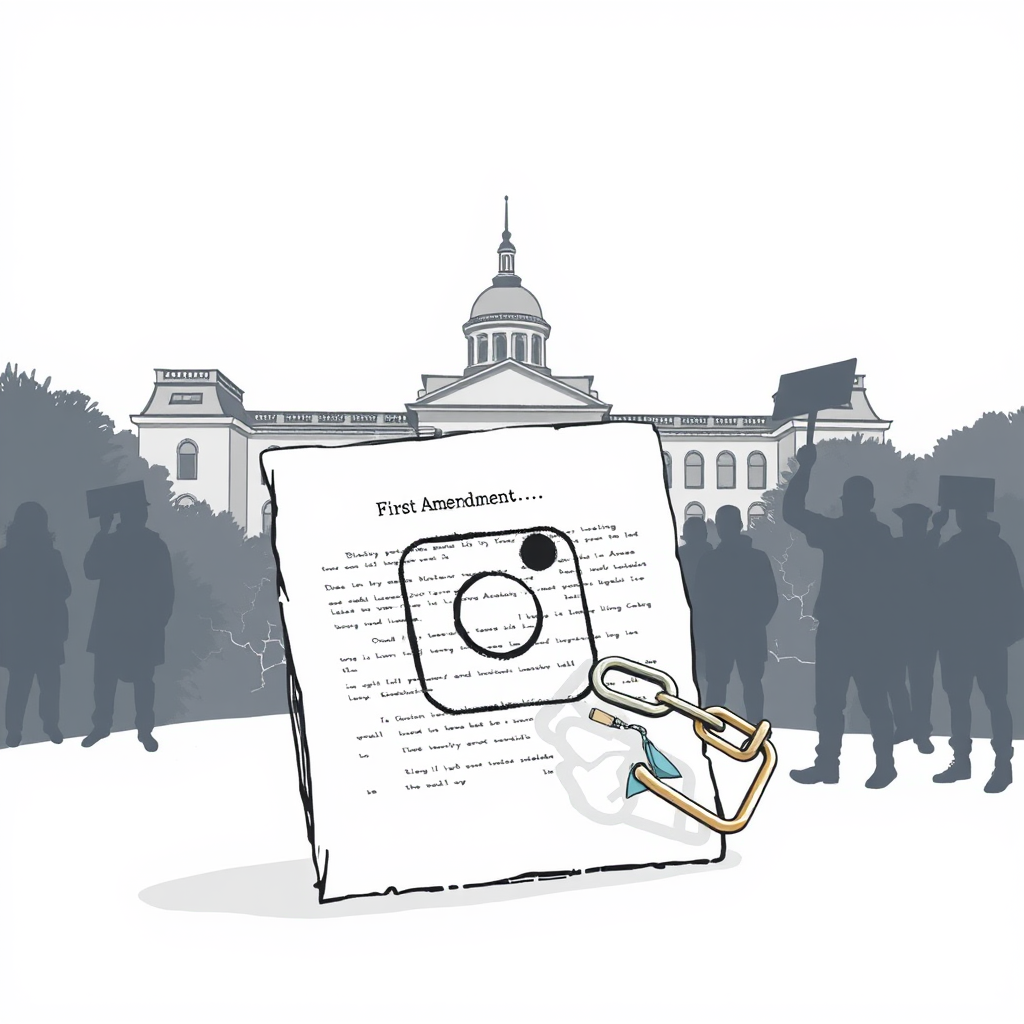DOJ Clash: Trump Team Targeted Student Protesters

A significant internal conflict at the Department of Justice erupted over a federal investigation into student protests at Columbia University, according to a new report in The New York Times. The dispute, described as “one of the most contentious episodes” within the DOJ during the Trump administration’s second term, centered on an investigation initiated by DOJ official Emil Bove III into students who protested the potential expulsion of peers accused of disrupting a class on the History of Modern Israel – a protest during which a security guard was allegedly assaulted.
The investigation specifically targeted the student group Columbia University Apartheid Divest. Bove reportedly directed prosecutors in the civil rights division to obtain a membership list of the group. This request was met with resistance from investigators who questioned the feasibility of acquiring such a list, given the group’s online organization, and raised serious First Amendment concerns about scrutinizing individuals based solely on their membership.
Further escalating tensions, Bove allegedly intended to share any obtained list with Immigration and Customs Enforcement, prompting fears within the civil rights division that the criminal investigation was a pretext for a politically motivated intimidation and deportation campaign against student protesters. Prosecutors ultimately refused to compile the requested membership list.
Bove then shifted tactics, ordering prosecutors to seek a search warrant for data associated with the group’s Instagram account, claiming the students had used the platform to issue a “threat.” However, prosecutors again disagreed, arguing the statement in question did not meet the legal definition of a threat. Instagram subsequently suspended the account for violating its community standards.
The actions of Bove have drawn sharp criticism. A legal expert quoted in The Times asserted that Bove “did something that prosecutors are absolutely forbidden to do — use the law enforcement powers of the government to try to intimidate these individuals or destroy their rights,” characterizing it as a breach of prosecutorial ethics and principles of justice.
The federal investigation into the Columbia protesters has seemingly stalled, but the incident has reportedly left lasting animosity within the Department of Justice, as well as among the courts and the FBI. This episode raises serious questions about the potential for politically motivated investigations and the importance of safeguarding First Amendment rights, even – and perhaps especially – in the context of heated political debate on university campuses. The willingness of prosecutors to push back against what they perceived as an overreach of authority is a crucial, though unsettling, detail in this story, highlighting the internal safeguards that, while imperfect, exist within the justice system.